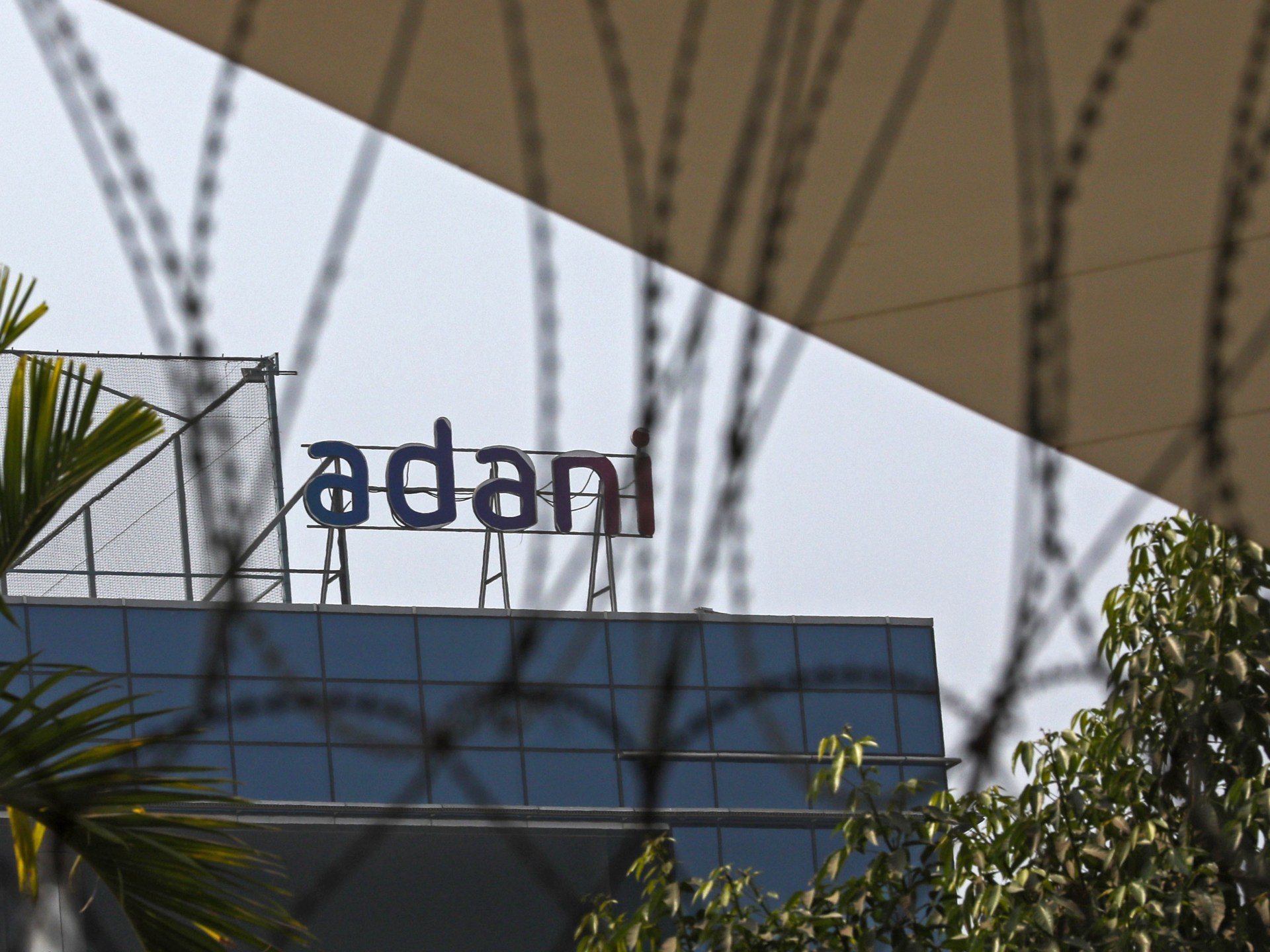Mexico cartel apologises for kidnapping Americans, returns bodies
The cartel handed over five of its members suspected to be behind the abduction to authorities.
Suspected drug cartel members have handed over five purported henchmen as a would-be apology for the abduction of four Americans in the Mexican border city of Matamoros, according to media and a source familiar with the investigation.
The Scorpions faction of the Gulf Cartel on Thursday apologised to the residents of Matamoros, the Mexican woman who died in the cartel shootout, and the four Americans and their families.
“We have decided to turn over those who were directly involved and responsible in the events, who at all times acted under their own decision-making and lack of discipline,” the letter reads, adding that those individuals had gone against the cartel’s rules, which include “respecting the life and wellbeing of the innocent.”
Two of the Americans and a Mexican woman died after gunmen opened fire on the United States citizens shortly after their arrival in Matamoros on March 3. The four Americans were found on Monday on the edge of the city, by which time two of them were dead.
Mexican officials gave the bodies of the two dead men, identified as Shaeed Woodard and Zindell Brown, to US officials in Matamoros on Thursday afternoon, and they were taken across the border into the US, Reuters news agency reported.
Woodard’s cousin, Latavia McGee, had surprised him with the fatal road trip as a birthday getaway, according to his father, James Woodard. He said he was speechless upon hearing that the cartel had apologised for the violent abduction that killed his son and was captured in footage that quickly spread online.
“Just being helpless – not to be able to do anything, not to be able to go there and just rescue them – it’s real painful,” James Woodard said.
The Americans’ killings brought National Guard troops and an Army special forces outfit running patrols that “heat up the plaza” in narco terminology, Mexican security analyst David Saucedo said.
“It is very difficult right now for them to continue working in terms of street-level drug sales and transferring drugs to the United States; they are the first ones interested in closing this chapter as soon as possible,” Saucedo said.
Cartel community cooperation
Cartels’ community relations efforts are well-known within Mexico. In contested territory, one cartel might hang banners around a city blaming a rival for recent violence and distinguishing themselves as a gang that does not mess with civilians.
Last November, such banners appeared around Guanajuato state, purportedly written by the Jalisco New Generation cartel, which blamed a rival for a spate of killings in bars and other businesses.
In other situations, the message is more blunt: bodies are left inside a vehicle with a note or hung from a highway overpass on a heavily transited road. The motivation is terror.
Handing over alleged cartel suspects to police is also not without precedent. Saucedo cautioned that a cartel leader may have authorised the attack then regretted it and decided to offer sacrificial lambs to police.
In 2008, drug traffickers in Michoacan lobbed hand grenades into a crowd celebrating Mexico’s independence, killing eight. Days later, authorities arrested three suspects, but it turns out they had been kidnapped by a cartel, beaten into confessions implicating a rival group and turned over to police.
Meanwhile, the Tamaulipas state prosecutor’s office said on Thursday it had seized an ambulance and identified a medical clinic in Matamoros that were allegedly used to provide treatment to the Americans after the shooting.
The Americans told investigators they were taken to the clinic in an ambulance to receive first aid, the statement said. By reviewing police surveillance video around the city, authorities were able to identify the ambulance and find the clinic. No arrests were made at the clinic, according to the statement.




